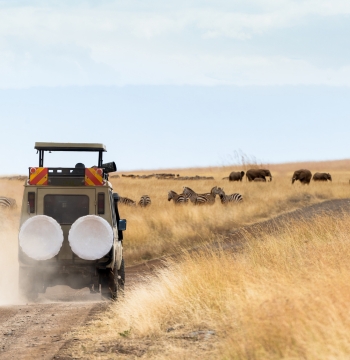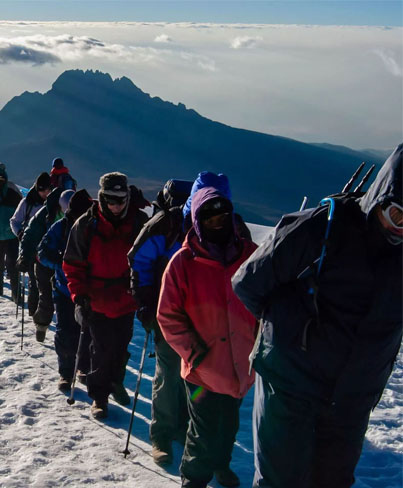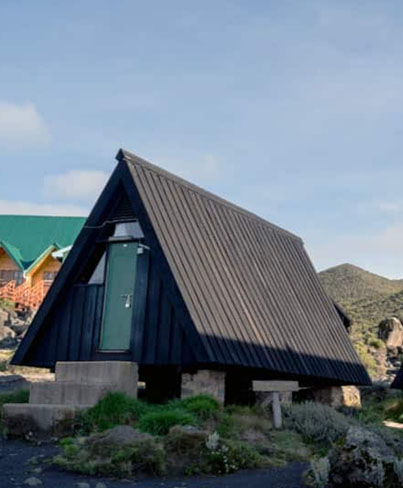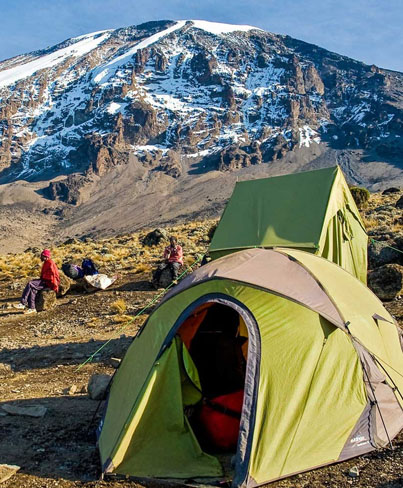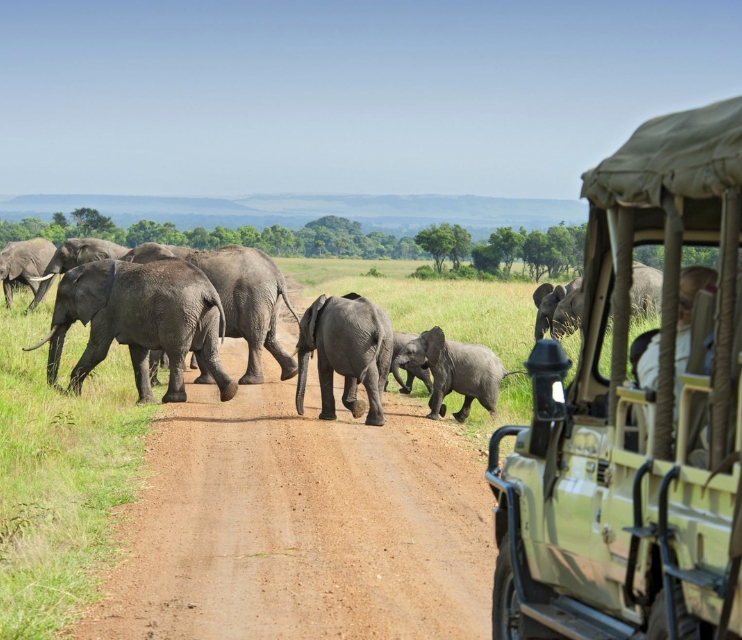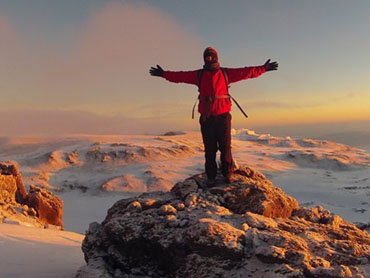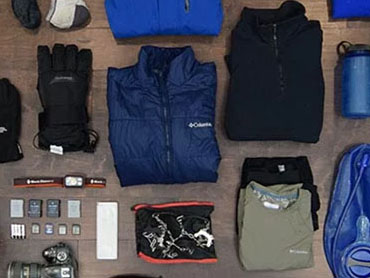- Email: info@billiahsafaris.com
Kilimanjaro Altitude Sickness
Kilimanjaro Altitude Sickness, also known as acute mountain sickness (AMS), is a common concern for climbers when Climbing Mount Kilimanjaro due to the rapid gain in altitude. It's essential to understand the symptoms, preventive measures, and proper acclimatization techniques to ensure a safe and successful climb.
Altitude sickness occurs when the body doesn't have enough time to adjust to the reduced oxygen levels at higher elevations. Symptoms can range from mild to severe and may include headaches, nausea, dizziness, fatigue, shortness of breath, and difficulty sleeping. In severe cases, altitude sickness can lead to high-altitude pulmonary edema (HAPE) or high-altitude cerebral edema (HACE), both of which are potentially life-threatening conditions.
To minimize the risk of altitude sickness on Kilimanjaro:
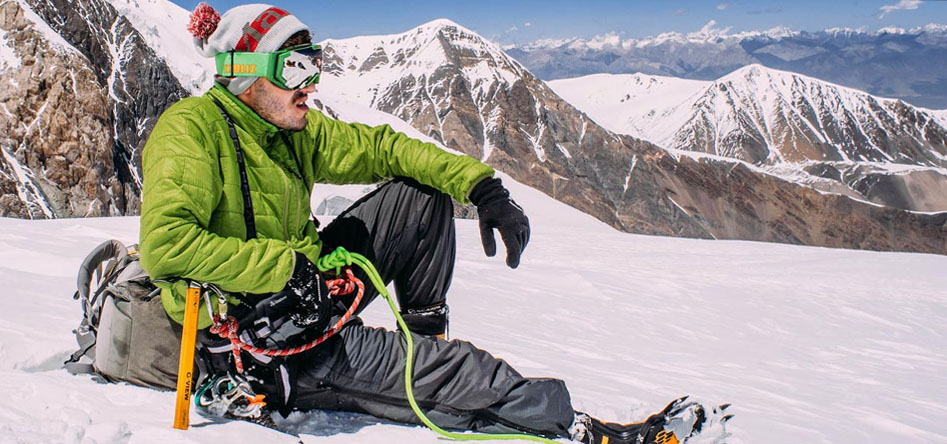
- Gradual Ascent: Choose an itinerary that allows for gradual acclimatization. Routes with longer duration provide more time for your body to adapt to higher altitudes.
- Stay Hydrated: Drink plenty of fluids to stay hydrated, as dehydration can exacerbate altitude sickness symptoms.
- Physical Fitness: Maintain good physical fitness before the climb. Being in good shape can help your body cope with the challenges of altitude.
- Slow Pace: Ascend slowly and avoid rapid altitude gains. Climbing too quickly increases the risk of altitude sickness.
- Medication: Some climbers may choose to take altitude sickness medication (acetazolamide) under medical supervision. Consult a doctor before using any medication.
- Rest and Acclimatization Days: Take advantage of rest days during the climb to allow your body to adjust to higher altitudes.
- Listen to Your Body: Pay close attention to your body and any symptoms you may be experiencing. Communicate openly with your guides about how you're feeling.
- Descend if Necessary: If symptoms worsen despite precautions, it's important to descend to a lower altitude. Ignoring severe symptoms can be dangerous.
- Proper Gear: Dress in appropriate clothing to stay warm, as cold temperatures can worsen altitude sickness symptoms.
Billiah Safaris & Tours is a reputable tour operator that emphasizes safety and proper acclimatization practices. Guides who are trained to recognize and respond to altitude sickness symptoms can make a significant difference in ensuring your well-being.
Ultimately, your safety and health should be the top priority during your Climbing Mount Kilimanjaro. By being well-prepared, acclimatizing properly, and recognizing the signs of altitude sickness, you can enhance your chances of a successful summit while minimizing the risks associated with high altitudes.
Let's customize
Your Trip
Our best price promises
- Our size and trusted relationships with Africa’s top operators give us access to the best possible rates.
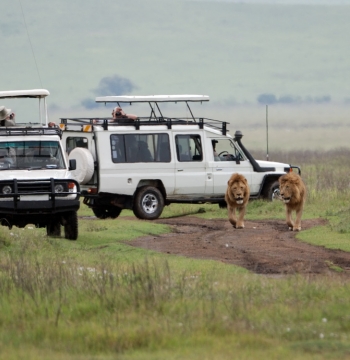
24*7 Support in Safari
- Book with us for round-the-clock support and local expertise across time zones, starting from our first conversation.
